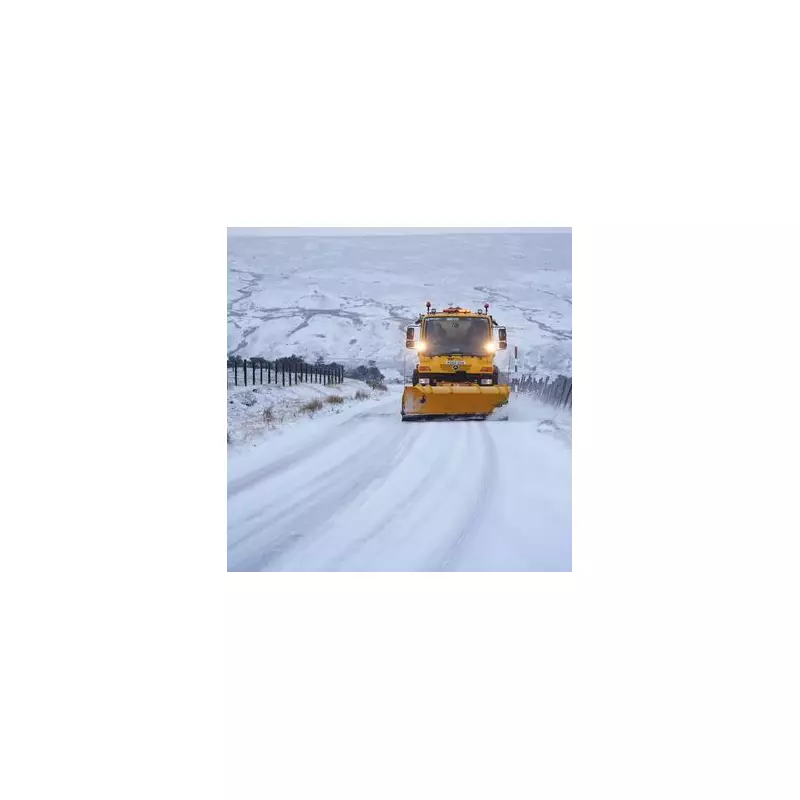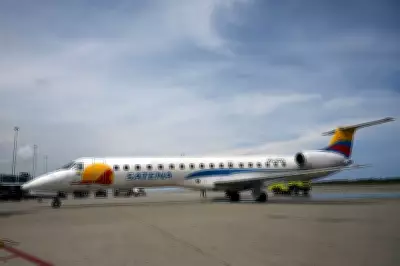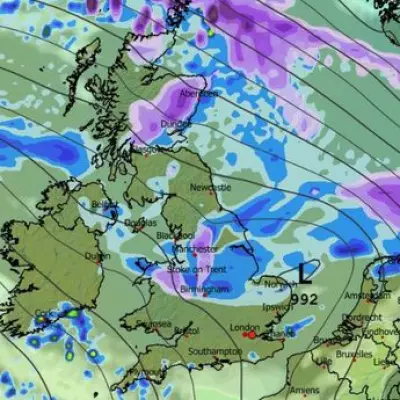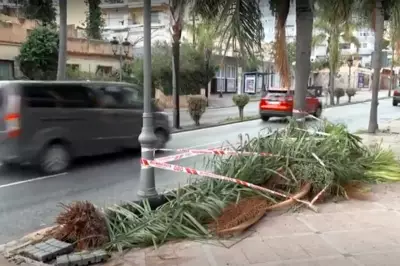
Britain is preparing for a dramatic cold snap as the Met Office has issued multiple weather warnings for snow and ice across large swathes of the country. An Arctic airmass is set to bring plunging temperatures and hazardous conditions that could cause significant travel disruption in the coming days.
Widespread Weather Warnings Activated
The national weather service has implemented yellow weather warnings covering northern England, Scotland, Northern Ireland, and parts of Wales. These alerts highlight the risk of treacherous icy patches and accumulating snow that could make travel conditions particularly dangerous.
Meteorologists are predicting that the cold spell could persist throughout the week, with temperatures struggling to rise above freezing in many areas during nighttime hours. Daytime temperatures are expected to remain unusually low for this time of year.
Travel Disruption Expected
Transport networks are preparing for potential chaos as the winter conditions set in. Road users are being advised to exercise extreme caution, particularly on untreated surfaces where black ice could form unexpectedly.
Network Rail has confirmed they're monitoring conditions closely, with anti-icing measures ready to be deployed on key rail routes. Air passengers are also being encouraged to check with their airlines for potential delays or cancellations.
Regional Impacts and Safety Advice
The Scottish Highlands and rural northern areas are expected to bear the brunt of the snowfall, with accumulations potentially reaching several centimetres in higher elevations. Urban areas aren't immune either, with sleet and snow showers forecast for cities including Manchester, Leeds, and Newcastle.
Emergency services are urging the public to take precautions, including:
- Allowing extra time for journeys
- Checking vehicle antifreeze levels
- Having emergency supplies in cars
- Dressing in warm layers when venturing outside
- Checking on vulnerable neighbours during the cold spell
The Met Office continues to monitor the situation closely and may upgrade warnings if conditions deteriorate more significantly than currently forecast.





